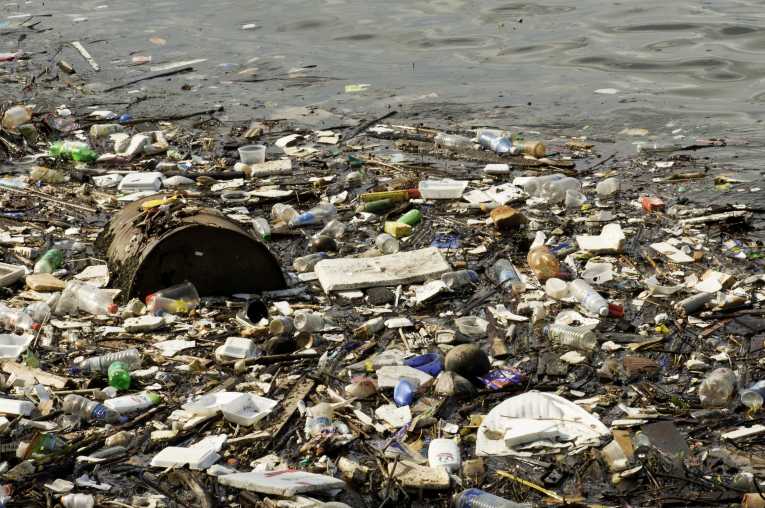It is a tragic fact the Atlantic has large amounts of plastic contamination which is cluttering up the ocean and causing problems with sea life and marine birds. The plastic containers come in all shapes and sizes take practically forever to biodegrade due to their chemical makeup. This means that, unless some major changes and cleanup efforts take place, for the forseeable future the same pieces of plastic will be floating around on the waves of the Atlantic.
Plastics seem to accumulate at the places where currents meet. This can result in huge plastic 'islands' containing waste that has been discarded from mainland areas rather than from boats and ships. Researchers from the Sea Education Society (SES) have taken on the task of trying to establish the extent of the problem caused by plastics in the oceans.
During their initial investigation, SES managed to collect more than 6000 samples that inidcated the polluting pieces ranged in size from being very minute to quite large. By the end of the research they had managed to collect over 64,000 samples. One shocking haul was carried out in thirty minutes in 1997, when the scientists collected 1069 pieces during this short span of time. They calculated that this equals around 580,000 pieces per kilometer square.The plastic floating in the Atlantic gets there because we keep throwing it away. The only way we will ever reverse this unfortunate trend is by choosing to use less plastic and launching massive cleanup and recycling efforts.
One of the major problems with the plastic is that the contaminants cause premature death in animals. They can be ingested, leading to a painful death, and other dangers include strangulation or slow starvation if wildlife becomes imprisoned in the plastic. There is also concern about animals using the islands as transportation. They can end up far from their usual habitat and find themselves in unfriendly waters.
Plastics also contain chemicals that are slowly released into the waters and the atmosphere. As fish breath in the chemicals from the water it ends up contaminating them. Fishermen then catch the fish and this contamination ends up back in the human food chain.
There are concerns that the problem will get worse before it improves. Over the last decade humans have thrown away far more plastic than previous years. Scientists support the idea that reducing the amount of plastic that is used in everyday items will help reduce the problem.










